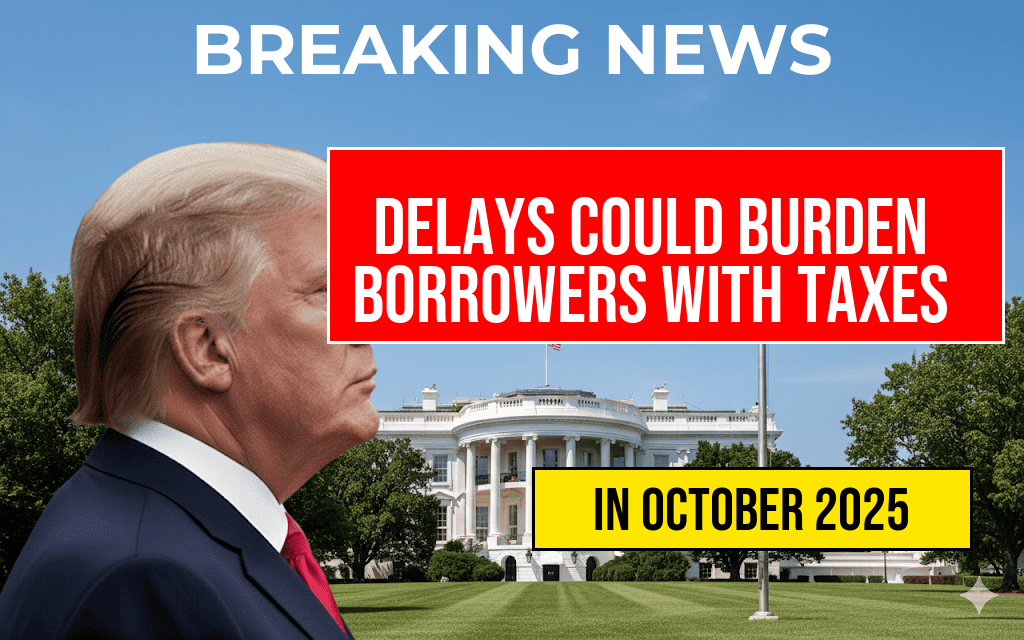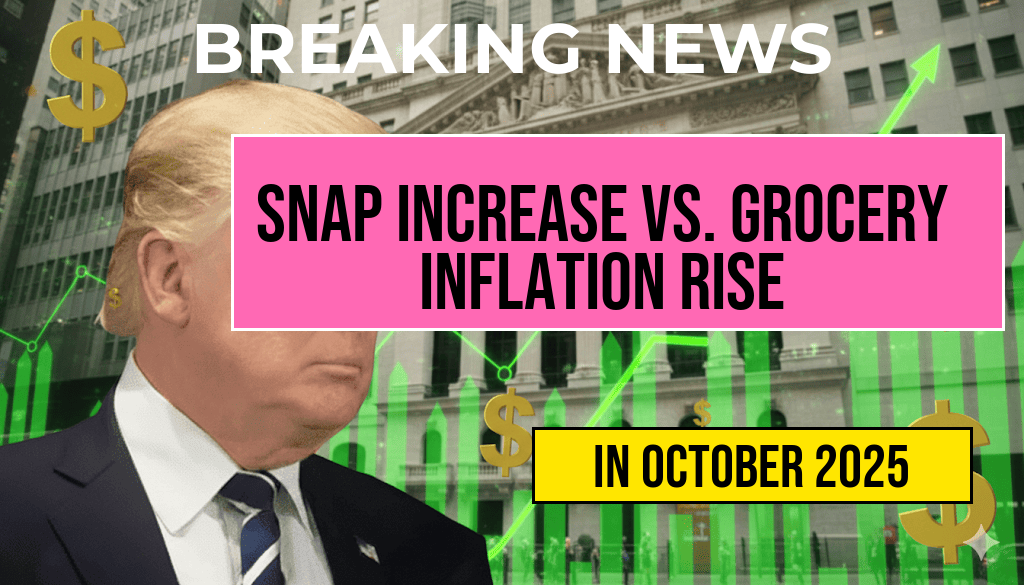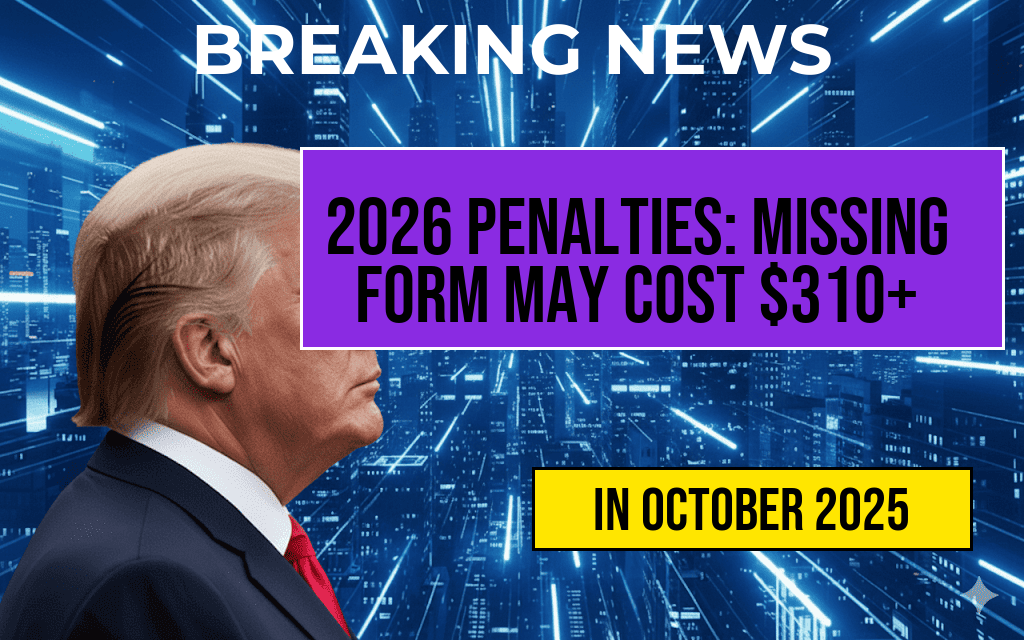A recent lawsuit has raised alarms for millions of borrowers facing potential tax liabilities due to delays in federal student loan forgiveness programs. The legal action, filed by a group of concerned borrowers, argues that the U.S. Department of Education’s sluggish processing times may inadvertently burden individuals with significant tax bills. This issue comes at a critical time as many are attempting to navigate the complexities of student loan repayment following the pandemic-related pause on payments. The lawsuit seeks not only to expedite the loan forgiveness process but also to ensure that borrowers are not penalized financially due to administrative inefficiencies. As the landscape of student debt continues to evolve, this legal challenge highlights the pressing need for clarity and accountability in federal student loan programs.
Background on Student Loan Forgiveness
The federal government has implemented various student loan forgiveness programs aimed at alleviating the financial strain on borrowers. Programs such as the Public Service Loan Forgiveness (PSLF) and the Income-Driven Repayment (IDR) forgiveness are designed to provide relief to those who have dedicated years to public service or have been making consistent payments based on their income.
Impact of Delays on Borrowers
According to the lawsuit, the delays in processing applications for these forgiveness programs can lead to unintended tax consequences for borrowers. The Internal Revenue Service (IRS) considers forgiven student loans as taxable income, which could result in substantial tax bills for individuals who are counting on forgiveness as part of their financial planning.
Key Points from the Lawsuit
- Processing Delays: The lawsuit claims that the Department of Education has failed to process applications in a timely manner, leaving borrowers in limbo.
- Tax Implications: As borrowers await forgiveness, they may accumulate tax liabilities that they cannot afford to pay.
- Call for Transparency: The plaintiffs are asking for greater transparency in the processing of applications and clearer communication regarding tax implications.
Current Status of Student Loan Programs
The Biden administration has made significant changes to student loan programs, including extending the payment pause and introducing new regulations to simplify the forgiveness process. However, many borrowers still report confusion and frustration regarding their eligibility and the time it takes to receive a decision on their applications.
Government Response
In response to the lawsuit, officials from the Department of Education have stated they are working diligently to address backlogs and improve efficiency. They emphasize that efforts are underway to streamline processes and enhance communication with borrowers. However, critics argue that these commitments have not translated into tangible results for those waiting for loan forgiveness.
Potential Solutions
Experts suggest several potential solutions to mitigate the impact of delays on borrowers:
- Automated Systems: Implementing more automated systems could help expedite the review process for forgiveness applications.
- Clear Timelines: Providing borrowers with clear timelines for when they can expect to receive a decision on their applications would alleviate some anxiety.
- Tax Relief Options: The government could explore options for tax relief for borrowers who are facing unexpected tax bills due to delays.
Looking Ahead
As the lawsuit progresses, it has the potential to set a precedent for how the federal government manages student loan forgiveness programs. Borrowers and advocates alike are watching closely, hoping for a resolution that prioritizes the financial well-being of individuals burdened by student debt. With the continuing evolution of federal policies surrounding student loans, the outcomes of these legal challenges may play a crucial role in shaping the future of student debt relief.
For further information on student loan forgiveness, you can visit sources like Forbes or Wikipedia.
Frequently Asked Questions
What are the potential consequences of delays in tax bill processing?
Delays in processing can burden borrowers with significant tax bills, leading to financial strain and potential legal issues as highlighted in the lawsuit.
How can borrowers prepare for unexpected tax bills?
Borrowers should maintain a financial cushion and stay informed about their tax obligations to avoid being caught off guard by unexpected tax bills.
What does the lawsuit claim regarding the impact of delays?
The lawsuit claims that delays in processing tax bills can lead to unfair financial hardship for borrowers, increasing their overall financial risk.
Are there any legal protections for borrowers facing tax bill delays?
While specific protections may vary, borrowers should consult legal resources to understand their rights in the event of delayed tax bill processing.
What steps can borrowers take if they receive a significant tax bill?
Borrowers should promptly consult with a tax professional to explore options for managing their tax liabilities and addressing any discrepancies.








